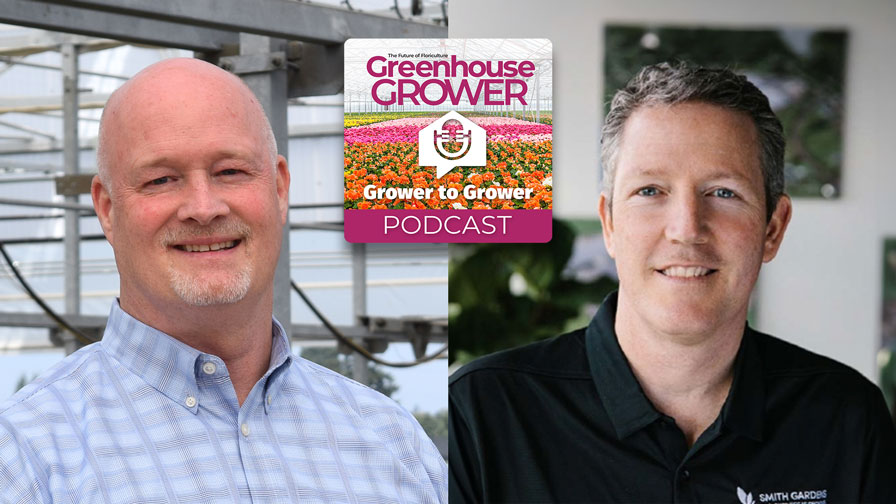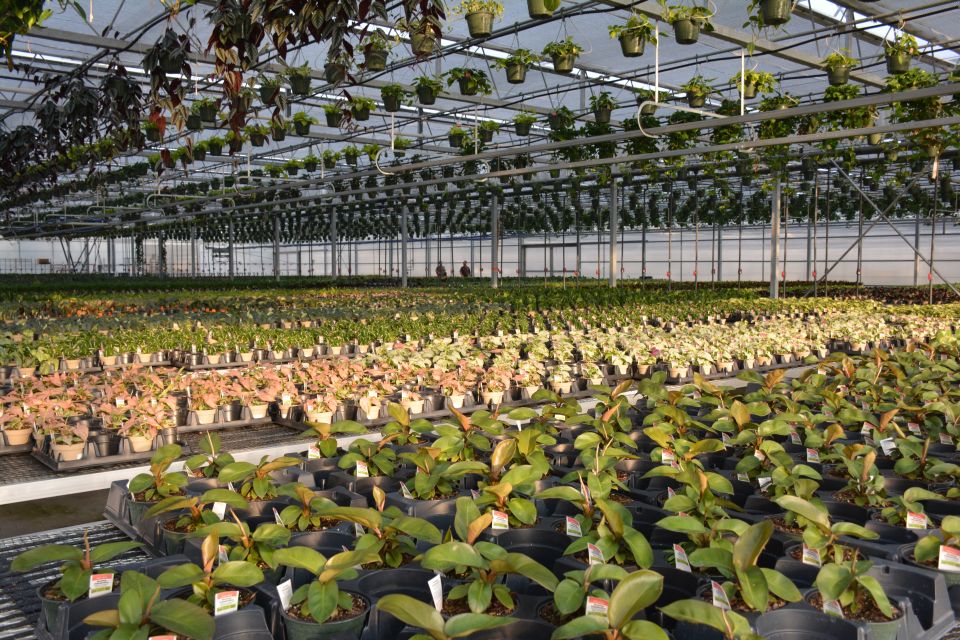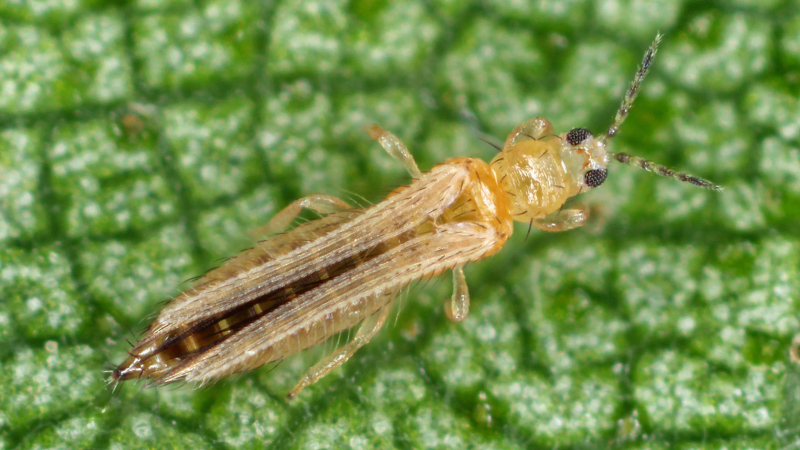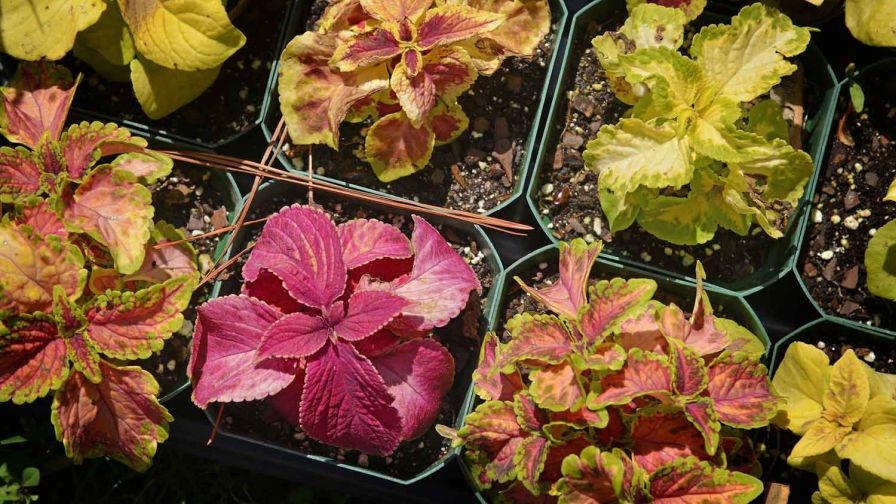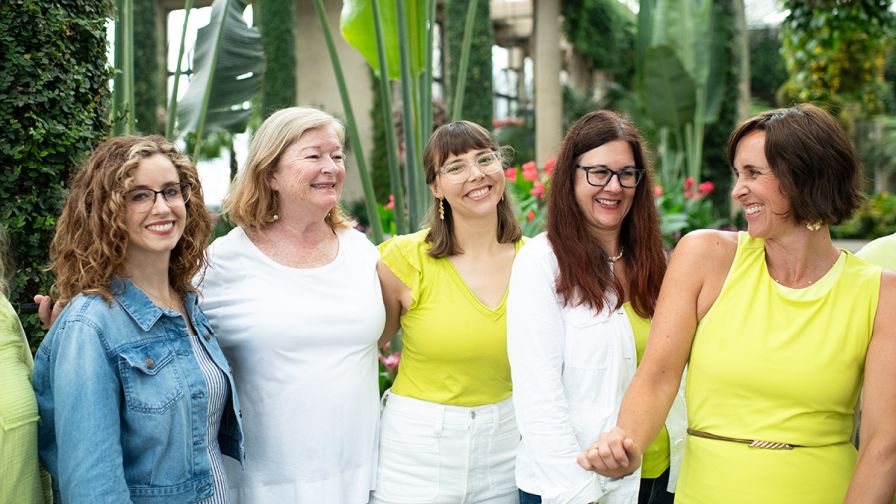Why Melinda Knuth Is One of the Rising Stars in Horticulture Research
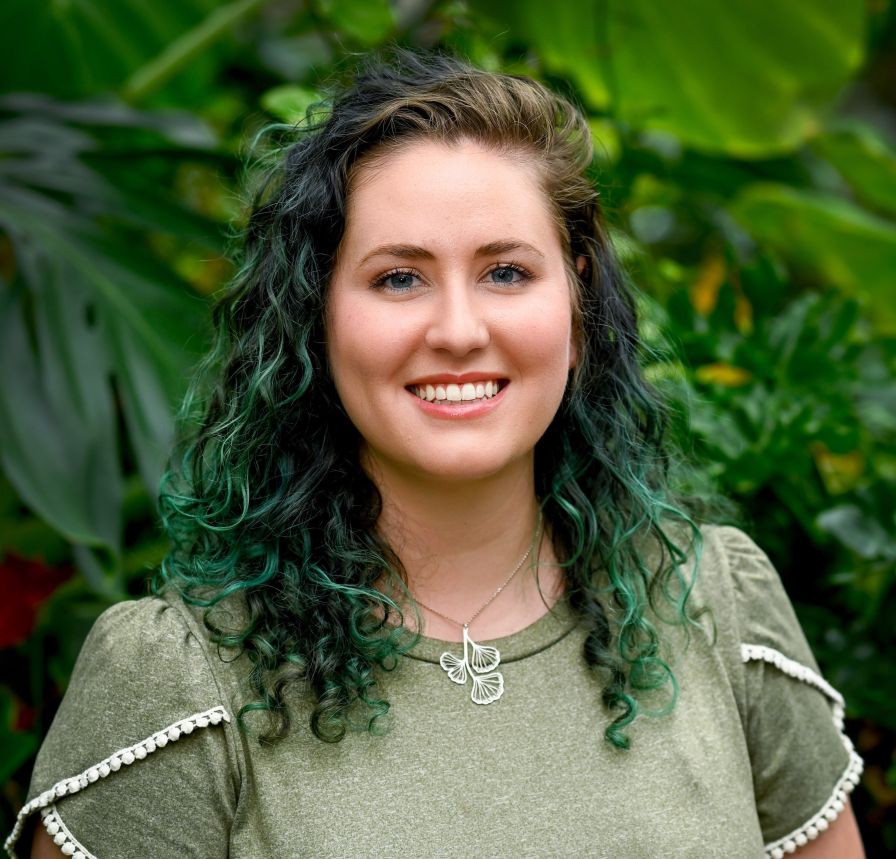
“I don’t see as much grant funding for floriculture as there used to be, which is why our industry is relying more on the support of growers and others within.” – Melinda Knuth
There has always been a strong connection between floriculture research and practical application of that research. And today, just as growers are adapting in how they keep up with the latest advancements in sciences, so too are the people conducting and presenting that research.
Dr. Melinda Knuth, an Assistant Professor at North Carolina State University’s Department of Horticultural Science, is just one example of this evolution. She has two main focuses: 1) Identifying what the consumer wants and communicating that with industry members through marketing research and exploring historical data; and 2) Evaluating the supply chain to understand what industry members are willing and able to provide in the current, and past, economic climates. This includes everything from floriculture sustainability and consumer demand of houseplants to consumer perceptions of beneficial insects, retail signage, and information uptake by consumers.
“I’m a big proponent of not only the plant retailer communicating with the end consumer, but also the grower, because consumers want to know where their products come from,” Knuth says. “We can help that process through building the relationship at the grower level.”
How the Research Process Has Changed
The “do more with less” approach that many businesses face also applies to research and teaching.
“It is very different today than it was even 20 years ago. The amount of support that’s provided to the academic community is much smaller,” Knuth says. This means less greenhouse technicians, less teaching assistants, and more responsibilities on the shoulders of Knuth and others to teach both in the classroom and in a greenhouse setting.
On top of this, educators like Knuth are also expected to get their research published in peer-reviewed journals much sooner, and much more frequently. The other challenge? The research has to be “much more interesting and relevant, with long-term measurable impacts” even though it may fall under review by someone more based in theory than applied knowledge.
“When you put all this together, it may seem like a recipe for disaster,” Knuth says. But if you think Knuth has a “woe is me” attitude about it, think again.
“This is an issue my generation needs to tackle, and I want to be part of that change and set real expectations for both myself and others like me who are moving into leadership roles,” Knuth says.
It’s also why she turns to the support of industry collaborators and those who have been through the process before.
Knuth says learning from other industries can provide great insights for those in horticulture.
“There’s an opportunity to feel the vibrations from across the pond. Whatever industry you are in, we are all affected by similar external pressures from the economy, to policies, to environmental input availability,” Knuth says.
One example is the fashion and design world, which places a major emphasis on how sustainability affects shopping habits.
“How are consumers behaving in those other industries that can potentially give us insight into ours?” she says.
Biggest Lessons Learned
“It’s OK to not know everything, and it’s OK to say no,” Knuth says. “Overcommitting and underperforming is the silent career killer. So is not taking care of your mental and physical being!”
Knuth also emphasizes the importance of collaboration.
“Communication is key. Most problems I have had in the past arose from misunderstandings,” she says. “Now I make sure to ‘begin with the end in mind’ as Steve Covey [author of The 7 Habits of Highly Effective People] says, through communicating my expectations and asking others about their expectations.”
At a basic level, you also need to love what you do, or do something else.
“Academic positions are no joke. There’s a lot of pressure, expectations, and responsibilities,” Knuth says. “I use all the tools in my mental toolbox weekly. It’s definitely not for the undisciplined.”
Melinda’s Keys to Success (for Herself and the Industry)
- “Share openly and honestly to learn from each other to fix big problems.”
- “Have strategies and tactics. As an industry, we need people to think of tactics to be able to patch holes, but we also need people to strategize how to be successful in the future. We need both kinds of people to be open-minded.”
- “Keep an applied-based program focused on industry member feedback. I’m always open to hearing people’s problems and questions; This helps direct what research questions I formulate and know what’s important to industry members.”
- “Constantly learn and change. The only thing constant in our lives is change. Therefore, my research needs to be moldable. I am continually taking courses and workshops in leadership, statistics, teaching, and more so that I can be the best person possible in my position.”
- “Networking. This has probably been the greatest key to my success thus far.”
- “Building my professional brand. If people know about me, they can communicate with me. The same goes for the industry. The more consumers know about the green industry, the more they can access our products and services.”




